

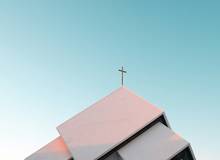
In response to cases of abuse in churches, influential evangelical leaders, denominations, and mission organisations want to break the culture of silence and prioritise the well-being of victims over institutional reputation.
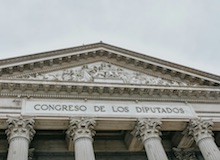
“Spiritual beliefs and feelings cannot be disregarded as irrelevant”, says the Spanish Evangelical Alliance in a document on the government's new Democratic Regeneration Plan.

Are we aware that employees and employers are not enemies, but work together to achieve the common good?
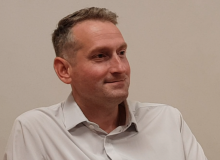
In an in-depth interview, British pastor and author Sam Allberry analyses the debates around sexual identity, freedom of speech, marriage, and abuse in Christian contexts. Watch the video.
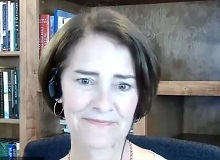
An interview with investigative journalist Julie Roys was one of the items of the Italian Evangelical Alliance annual event.
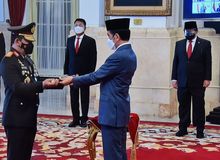
General Sigit Prabowo, a Pentecostal Christian, was unanimously approved by the parliament, despite opposition of Islamic groups. He promises to create “a trustworthy police and fight extremism”.
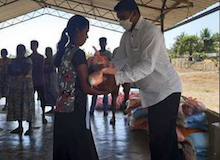
A report of the Evangelical Alliance of Sri Lanka warns that law enforcement and judicial systems have not always “provided relief” in cases of discrimination.

Practical considerations for building trust in partnerships.

The Brussels Representative of the European Evangelical Alliance, Arie de Pater, analyses the situation of the EU amid the coronavirus, and the role of Christians in this crisis.

We should all do what God has prepared for us, wherever he has placed us. And we should do it with a clean heart.

In a joint statement, the main religious groups asked the candidates to “present their ideas clearly” and establish “state policies beyond the alternation”.

“The summit has not given signs that the Roman Church will become transparent and honest about its sins and shortcomings”, says Leonardo De Chirico, Vatican expert and evangelical pastor in Rome.

According to the last Corruption Perceptions Index released by Transparency International, in the last seven years, only 20 countries significantly improved their scores.

Pastor Joel Osteen's megachurch spent $90 million last year. Only 1.3% was used for mission and evangelistic outreach.

For the first time,Transparency International has also examined the relationship between corruption levels and the degree of freedom enjoyed by media and civil society groups.

More than 60% of the 176 countries analysed have serious corruption problems. This year, the index highlights the connection between corruption and inequality.

One in three citizens think corruption is one of the biggest problems facing their country. Ukraine, Moldova, Bosnia and Herzegovina and Spain are the worst judged.

Denmark (91) came out on top of the list for the second year in a row, followed by Finland (90) and Sweden (89). North Korea (8) and Somalia (8) are the most corrupt countries.

Las opiniones vertidas por nuestros colaboradores se realizan a nivel personal, pudiendo coincidir o no con la postura de la dirección de Protestante Digital.